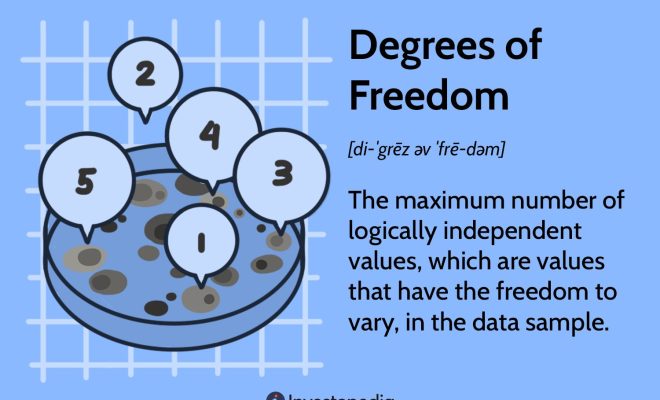Do you get a calculator on the gre

The Graduate Record Examinations (GRE) is a widely recognized test that serves as an essential part of the admission process for many graduate schools around the globe. As a standard practice, it measures verbal reasoning, quantitative reasoning, and analytical writing skills, with the latter being a significant area for many students. One of the most frequently asked questions by prospective test-takers is whether they can use a calculator during the exam.
The answer is yes – you do get a calculator on the GRE, but with specific limitations. This article will delve into the exact accessibility and usage of calculators during the GRE, giving you insights on how to utilize this essential tool effectively.
Calculator Availability
In the Quantitative Reasoning section of the GRE General Test, a calculator is provided to help test-takers perform basic arithmetic operations such as addition, subtraction, multiplication, and division. The calculator is an on-screen feature available during the computer-based test only. There is no physical calculator handed out during exams, and bringing your own is prohibited.
For those taking the paper-delivered version of the GRE General Test or GRE Subject Tests where mathematical computations are necessary, each test center will provide handheld calculators for use during these tests. Using these specific calculators is mandatory–you cannot bring your personal calculator regardless of its type or functionality.
Calculator Limitations
While having access to a calculator in the GRE offers some relief for students who may be less confident in their ability to perform calculations quickly and accurately, it comes with its limitations:
1. Basic Functionality – The on-screen calculator provided in the computer-based GRE offers simple arithmetic operations (addition, subtraction, multiplication, and division), square root calculations, and memory functions. It does not offer advanced features found in scientific or graphing calculators.
2. Time Constraints – Relying heavily on the calculator can consume precious time during exam conditions. Familiarizing yourself with the calculator’s features and practicing with it ahead of time will yield significant advantages.
3. Problem Solving – The calculator is provided to assist with computations, but the GRE primarily focuses on measuring your problem-solving capabilities. Overdependence on the calculator can detract from your understanding and evaluation of problems, leading to poor performance.
Tips for Using the Calculator
To maximize the benefits of the calculator during your GRE test, consider these helpful tips:
1. Practice with a similar calculator before the test to become familiar with its layout and functionality.
2. Use it judiciously – only employ the calculator when necessary and not for every calculation.
3. Develop mental math skills, as some problems can be solved faster using mental calculations than by relying on a calculator.
4. Focus on evaluating and understanding each problem before going straight to computation, keeping in mind that problem-solving skills are of high importance in the GRE.
In conclusion, you do get access to a calculator during the GRE, which can be helpful in simplifying complex calculations. However, remember that this tool comes with limitations and should be used judiciously to optimize both time and mental resources during the exam. As always, diligent preparation remains your best ally in delivering top performance on the test day.






